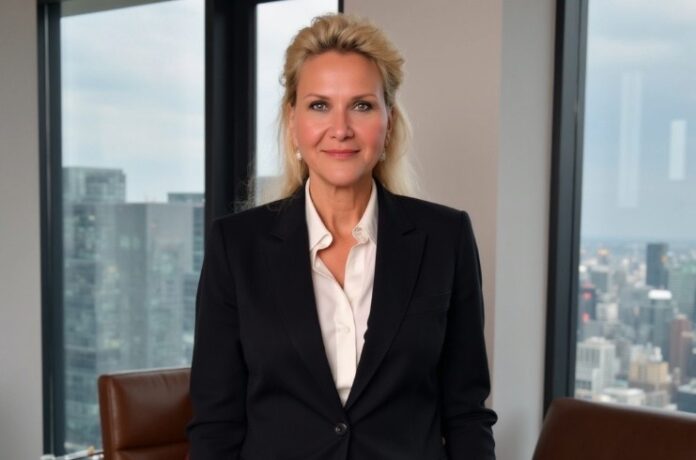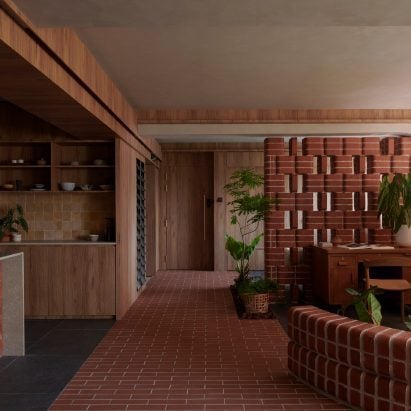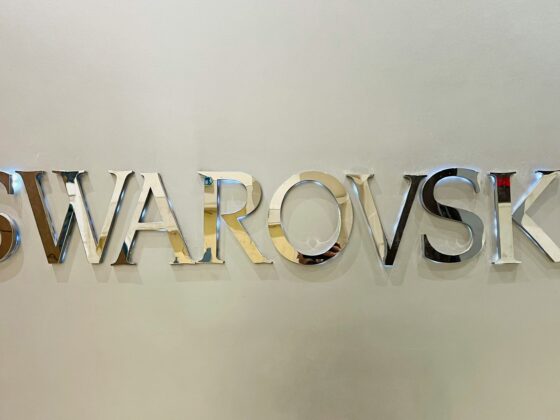
Major sporting events, ranging from the US Grand Prix to the World Cup, are economic boons to local businesses, especially hotels. While these high-demand periods can be remarkably profitable, they can also strain hotel staff due to greatly increased occupancy and expectations. It’s crucial for properties to effectively incorporate technology to navigate these peak windows and deliver exemplary service. Oracle Hospitality provides hotels with a variety of tools, including its OPERA Cloud Property Management System, that help teams enhance the booking and guest experience. Tanya Pratt, global vice president, Oracle Hospitality Strategy and Product Management, recently discussed with LODGING the important role that technology plays in these high-demand periods and the specific benefits of using Oracle’s suite of solutions.
How does Oracle Hospitality help hotels navigate peak weekends, like major sporting events?
Inventory control is one aspect, and it’s something that we can do both within OPERA Cloud Property and OPERA Cloud Central. They help with the active management of room allocations, either direct or indirect, and those restrictions. So, full prepaid [rooms], limited cancellations, even rate strategies, or depositing cancellation policies that are tiered. So, seven days prior to arrival, then 48 hours, then 24 hours. What they need to try to do is prevent the last-minute drop-off of inventory. If there are a lot of bookings that don’t have strict cancellation policies, the hotels run the risk of having no shows, and that can result in revenue loss for them. Staffing is impacted as well because teams can require rapid scaling. From an Oracle Hospitality perspective, the way that we can help manage that or mitigate some risk around that is through very robust availability rates and inventory controls within the systems that allow the hotels to maximize the revenue for reservations. Real-time active monitoring of check-ins, check-outs, room statuses, occupancy levels, being able to clean a room, and turning it back over so it can be occupied again becomes really key—as well as monitoring other statistics, like the average speed of check-in, to see if additional team members are needed to be there to help with some of those spikes around key check-in times.
Loyalty programs are a key part of these high-demand periods, given the increased occupancy. What are some ways that Oracle Hospitality helps hotels enhance their loyalty programs?
During these events, there are a lot of last-minute VIP requests. So, this includes in-room amenities, bespoke experiences, which really require a lot of partnerships with local vendors, and rapid internal communication. So, we have a component of the Opera Cloud Hospitality platform that we call Opera Cloud Loyalty, and that can help with active monitoring of member performance to understand who the VIPs and loyalty members are. You can’t always reward and recognize everybody. You can only do it for your top-tier members. So, being able to truly understand their revenue contribution is really helpful. We also have the ability to not only reward members through points using Opera Cloud Loyalty but also recognize their preferences. In many higher-end hotels, although we’re seeing this across all market segments, members are increasingly looking for personalized experiences, rather than a tangible reward, whether it be points or a welcome drink, or early check-in. So, being able to track their preferences and being able to recognize them across all customer touchpoints ends up making for a much more personalized experience for them.
With major sporting events and other high-demand periods, hotel staff are serving significantly more guests. While hotels often utilize AI and other tools for support, personalization remains a key aspect of customer service. With this in mind, what are some ways that Oracle Hospitality uses AI?
Within our OPERA Cloud hospitality platform, we help manage previously manual tasks. There are many highly repeatable manual tasks in times of high compression, and when those tasks can be offloaded to AI or automated fully, that leaves more time for the staff to deal with the guests. With AI, we can also deliver personalized offers to the guests after the reservation is created or at check-in. … Based on who they are, based on the rate that they bought, based on the room time that they bought, we can present a personalized offer, which is embedded directly in the check-in workflow. We call that our guest experience and merchandising component, which is part of Opera Cloud. We also leverage AI by providing insights on data. We embed AI directly within our core solutions to help analyze data and provide meaningful, actionable insights, such as a summary at the time of check-in, so that I can very quickly understand who is standing in front of me and communicate with them accordingly, or be able to look at all the data that I have for my future reservations or rooms on the books and provide me with some sort of insights and recommendation on what I should do.









